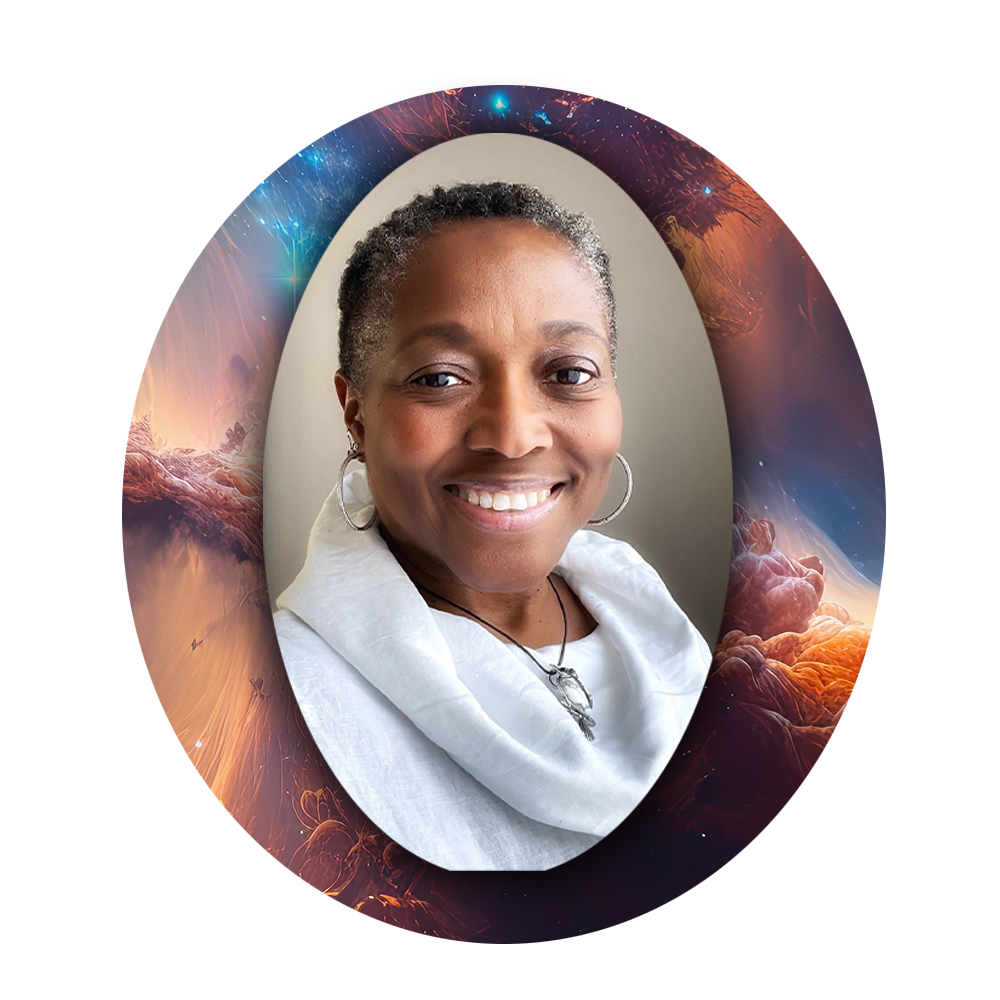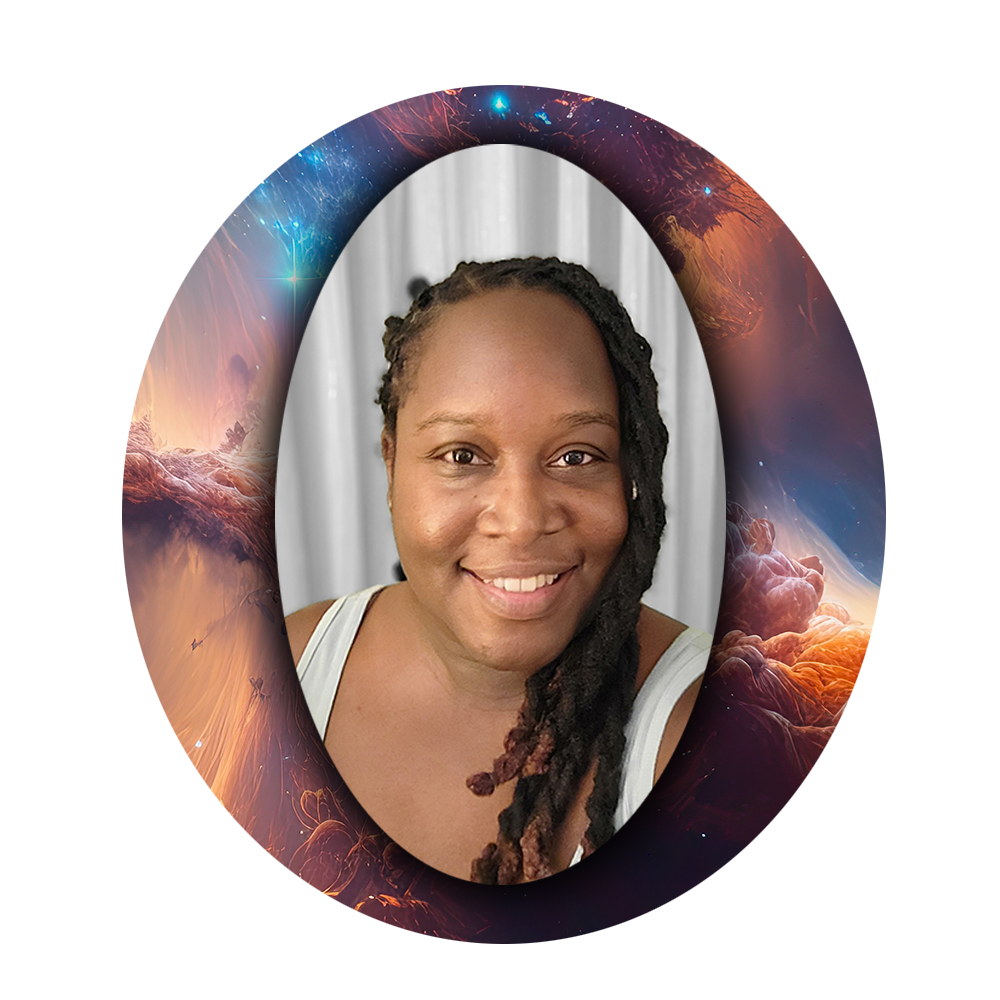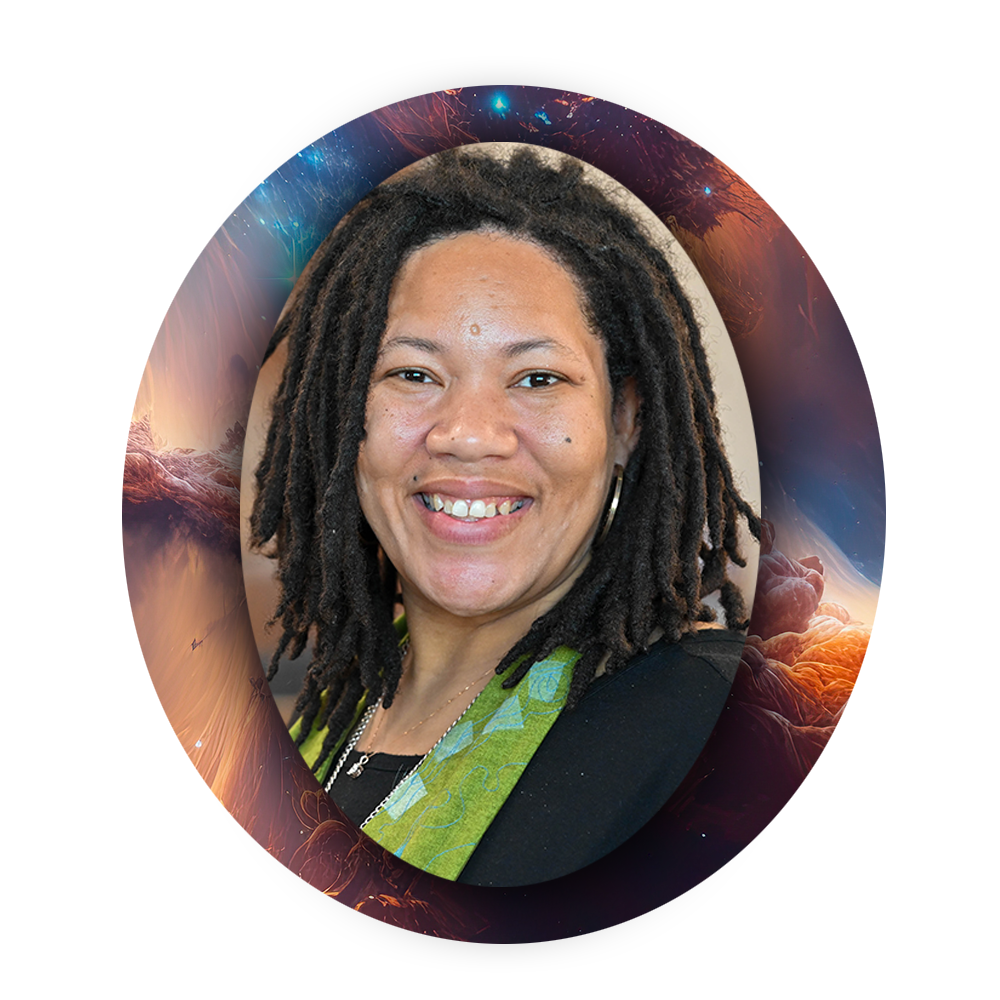Discovering the Divine
Isaiah 60:1-6; Matthew 2:1-12
The new calendar year begins. The liturgical calendar turns to Epiphany, following closely on the Advent season with its clear themes of love, joy, peace and hope. Epiphany feels quiet, nested in the reflection on the year past, as the new year begins with the quest to identify aspirations, hopes and dreams for another year ahead. The celebrations and festivities of Advent, Christmas, and the New Year are past, and the first Sunday of the new year is upon us. The words of the prophet Isaiah call us forward into newness, beyond the challenges, the angst and the woes of the past:
Arise, shine, for your light has come,
and the glory of the Lord has risen upon you.
-Isaiah 60:1
The light of the world has come and is celebrated in the world as God made present among us. The arrival of the light is the manifestation of the Divine among us, the baby born, bringing the hope, peace, joy and love of God to the world. Epiphany, which acknowledges the coming of the magi to see the baby Jesus and his family points us toward discovering God in new ways. The baby is sought, discovered and seen in ways that change the world as previously known and invite our attention to be witnesses and participants on a journey with God. We too can seek, discover and see God present and at work around us in these days, and for our times.
As told in Matthew 2:1-12, the magi were guided by a star which foretold the birth of the child who was to be king. They went to the palace and visited with King Herod expecting he would know of this auspicious birth which was acknowledged in the stars. The unfolding of the story brings a different set of themes than those observed during Advent. This story is about deceit and fear, it is about hope and courage, and too it is about the ways in which God can be made known and manifested in our lives and in the world around us. The light has come and we are reminded of the ways darkness is present.
An epiphany is a manifestation of a divine or supernatural being. The story offers layers of revelation of the Divine in a few short verses. We become witnesses to miracles and visions of the possibilities of God revealed. The supernatural becomes real in the birth of this baby. An epiphany is also the unusually sudden manifestation of the essential truth or meaning of something. This too is a part of the story told in Matthew 2. There is the suddenness of truth and light breaking forth as we understand the depth and meaning of the baby predicted by the star and followed by the magi. This is the child born of Mary, heralded by angels and the prophets. The visit of the magi and the revelation of the stars point to the extraordinary moment.
With all its possibilities and wonder, Epiphany falls flat among us at times. The season of hope gives way to the busyness of life. The wonder of the baby born to Mary is lost in the post season holiday haste. Epiphany is a call to return to the joy and miracle of the Divine made known. Epiphany is an invitation to experience God manifested in us and around us. We are invited in this season to be open to the possibilities, to see the supernatural present and at work.
Our faith opens us to the awe and wonder of God revealed through Jesus Christ. Throughout scriptures there are stories about God showing up and doing the impossible in peoples lives. The arrival of the magi following the star is beyond our comprehension in an age when we are tethered to the GPS to go anywhere. These people read the skies, they understood the earth, and they journeyed believing they would find what they were looking for if they followed the stars. There is a deep faith which is exercised in their journey, a reminder there are mysteries unfolding and we too can experience God in many ways. Epiphany calls us to a journey of deep faith, one that asks us to believe we can follow God on a journey without knowing exactly where we are going and get to where we need to be.
Too often we want to know exactly where we are going. We want to know when we are going to arrive. We want to know how long the journey is going to take. The journey with God is about being able to discern where we are going next, not in the exact, and yet in a way that allows us to step out in the right direct. Perhaps a bit like following a star, which disappears during the day and reappears some place in the night sky. Believing God is with us is what we need to follow into the unknown. In the crafting of intentions for this new year, Epiphany beckons following God in faith and embarking on a journey which will allow us to experience God in new ways. Epiphanies are possible for us.
The journey takes us where we need to be. Where we need to be is not always logical and when we attempt to discern from our heads and not with the Spirit we make choices that are problematic. The logical place to find a king prophesied was the palace of the current king. Kings are descendants of kings – just not in this case. The arrival of the magi was problematic. Herod felt threatened with the news that there was a new king born, a prediction of the stars. He was deceptive and wanted the knowledge they had to eliminate the threat a new king would have on his own power. After listening to the king, the magi set out once again and there before them was the star. They left the place where logic ruled and things made sense. When they resumed following the star, they found their way to where the baby they sought was located.
There is a suddenness in the text which mirrors the suddenness with which wisdom falls upon us and we find our way to where the Holy Spirit is leading. This is the epiphany that comes when we take a leap of faith and get back on the road to follow in obedience even though we still lack certainty and the journey does not make sense. It is the suddenness that visits when we have the “a-ha” moments on the journey, when we experience the presence of God with us in the midst of the unknown.
The faith journey calls. The invitation to step out is before us in the early days of another new year. The opportunity to live lives with deeper spiritual meaning pushes us beyond the comfort zones where we know what to expect and the ease of the journey rests in the knowledge we have gained from our own understanding.
Epiphany calls us deeper, pulling us away from ourselves and pushing us into new ways of experiencing God. The magi brought gifts for this king with them. In spite of the uncertainty of the journey, they trusted enough to believe they would find who they were looking for and they were prepared to celebrate the king with appropriate gifts.
The Holy Spirit invites us to be prepared. This is the hope we live beyond Advent. Our hope is about expectation beyond the reality of the moment. We dare to hope for the celebration of the baby and now we live beyond that hope with renewed hope for what is to come for us as people of God. The coming of the light brings hope beyond the darkness and moves us to living out the journey calling each one of us.
Then you shall see and be radiant;
your heart shall thrill and rejoice.
– Isaiah 60:5a
Regardless of where we are on life’s journey, a deeper relationship with God calls us. We wait with patience to see more of God revealed. We wait with hope believing God is ever present with us and accompanies us through the fears and the doubts. God is God of the impossible. May the presence of God be revealed with us in days to come as we journey following the Holy Spirit.
Reflection:
- Where do you see Epiphany in your own lives?
- In what ways do you experience the unexplainable? How are you following the Spirit?

Rev. Dr. Thompson is the General Minister and President/Chief Executive Officer of the United Church of Christ. She is the first woman and first woman of African descent to serve as leader of the denomination.
Rev. Thompson served in the UCC national offices for 14 years, most recently as Associate General Minister for Wider Church Ministries and Co-Executive for Global Ministries since 2019 and previously as minister for racial justice and minister for ecumenical and interfaith relations. Prior to joining National Setting staff, Thompson served on staff of the UCC’s Florida Conference, as a church planter in Florida and in family ministries in New York. Her passion for justice and equity moved her work on behalf of the UCC into a global context, affording the opportunity to participate globally in efforts to reduce the marginalization experienced by African descendant peoples and other communities globally. She also worked in the nonprofit arena for over 10 years in senior leaderships positions.
Rev. Thompson earned a Bachelor of Arts from Brooklyn College in New York, a Master of Public Administration from North Carolina Central University in Durham, NC, and a Master of Divinity from Union Theological Seminary in New York. She also studied Public Policy at Duke University and earned her Doctorate in Ministry at Seattle University. She was awarded an honorary doctorate from Heidelberg University.



Unbound Social